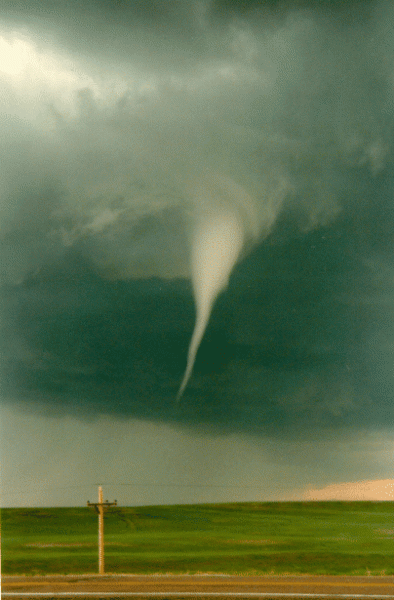 Group members
Group members
David Flory → Regional climate modeling
William Gallus → Synoptic & mesoscale meteorology, numerical weather prediction
Ian Williams → Boundary layer clouds and convection
Xiaoqing Wu → Cloud & climate system modeling
Research topics
The department is actively engaged in research related to mesoscale and microscale meteorology, with a particular emphasis in numerical modeling of such phenomena. In the past decade, research projects have focused on a variety of topics including mesoscale convective systems, quantitative precipitation forecasting, wind energy, winter weather, low-level jets, tornado dynamics, severe local storms, mosaic treatment of subgrid cloud distributions for the radiation parameterization, and improved convective and cloud parameterizations for use in weather and climate models.
Some of these research interests involve interdisciplinary collaboration with researchers in other departments both locally and at institutions across the nation, including disciplines such as Agronomy, Aerospace Engineering, Remote Sensing, and Hydrology. A wide variety of sources has funded the research including the National Science Foundation, National Aeronautics and Space Administration, Department of Energy, National Oceanic and Atmospheric Administration, Iowa Department of Transportation, and Iowa Flood Center.
Recent specific research projects include:
- Analysis of predictability of convective initiation and morphological evolution using near-cloud permitting grid spacing models (Gallus)
- Enhancing the understanding of extreme winds near ground and their damaging effects for hazard mitigation (Gallus)
- Improved mesoscale model rainfall forecasts for flood forecasting at the Iowa Flood Center (Gallus and Flory)
- Wind Forecast Model Validation and Improvement for the Central U.S. (Gallus)
- Understanding and improving cloud-resolving model and general circulation model simulations of cloud systems with special field observations (Wu)
Facilities
The mesoscale and microscale meteorology group primarily uses a Linux cluster maintained by the meteorology program for intensive computing. Servers are used to provide a large archive of historical meteorological data that can be used for model initialization or analysis. Faculty and students have access to numerous portable and desktop computers that are also used in the research projects. In addition, researchers often also have access to national supercomputers where they can perform some of their work.
Students interested in pursuing research in Mesoscale and Microscale Meteorology are encouraged to contact one of the group members or the graduate applications coordinator, William Gallus.
